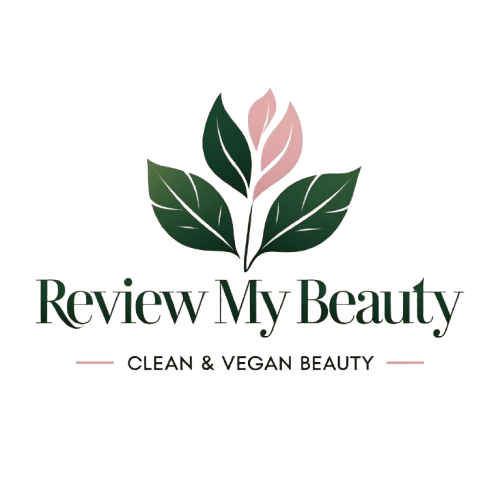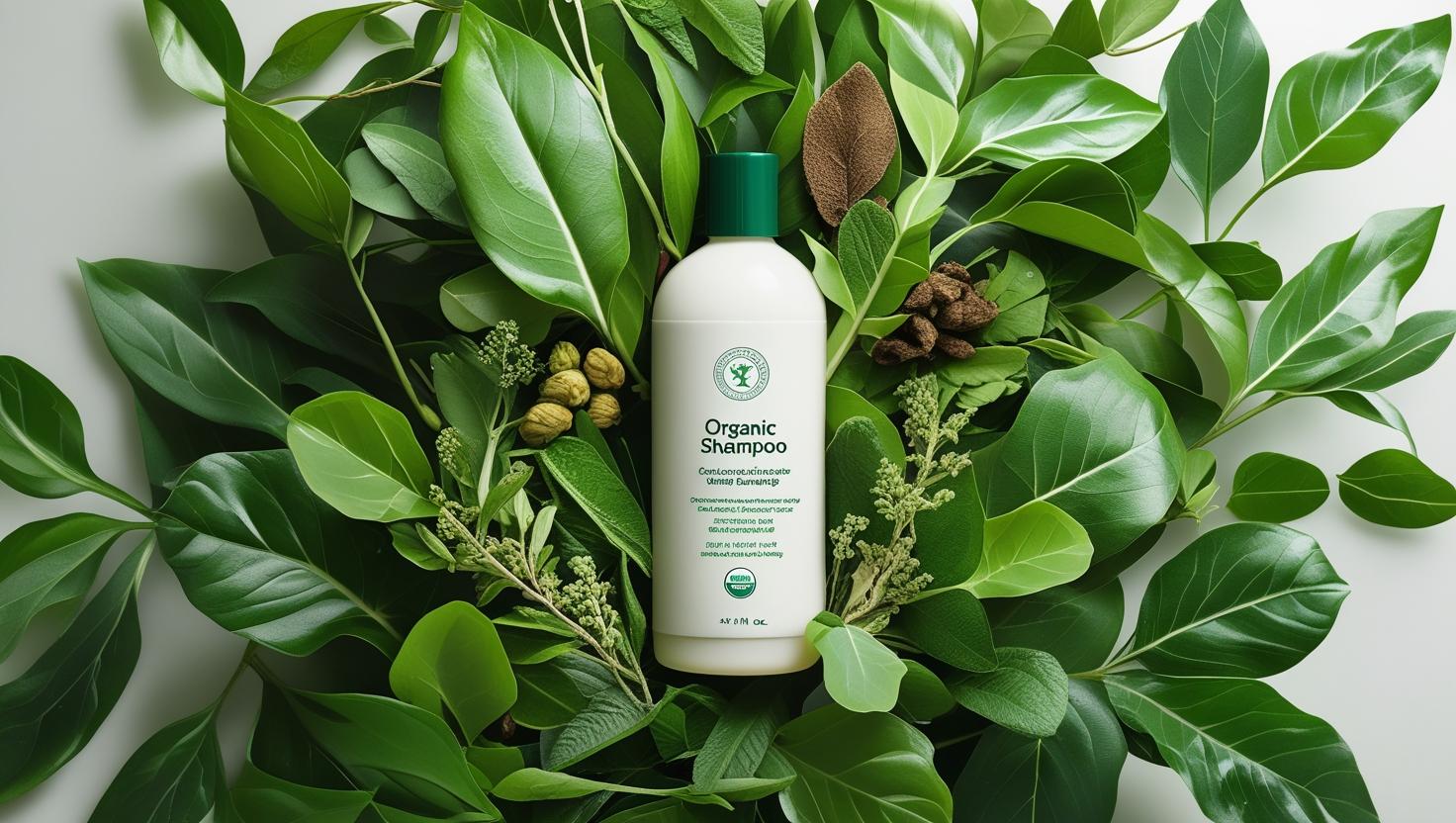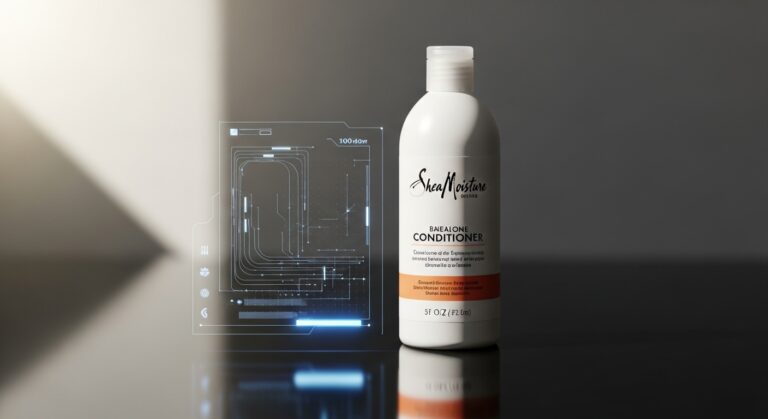Table of Contents
Introduction: Embracing the Heart of Vegan Beauty
Organic Shampoo is your gateway to conscious beauty. Welcome! Choosing vegan beauty – products free from animal ingredients like beeswax or carmine and never tested on animals – aligns your routine with compassion and sustainability. It’s a powerful step towards cleaner, kinder self-care. Finding the perfect organic shampoo starts your journey. Let’s discover how!
Demystifying the Labels: Vegan, Cruelty-Free, Natural, & Organic
Navigating beauty aisles (real or virtual) can feel overwhelming with all the buzzwords. Let’s clear up the confusion! Understanding these terms is crucial for making truly informed choices about your vegan beauty products:
- Vegan: This means the product contains zero animal-derived ingredients. It does not automatically mean it’s cruelty-free or made with natural/organic components. A vegan product could still be synthetic and tested on animals.
- Cruelty-Free: This signifies that neither the final product nor its ingredients were tested on animals. Look for certifications (more on those next!). Importantly, a cruelty-free product can contain animal-derived ingredients (like honey or milk), so it’s not necessarily vegan.
- Natural: This term is largely unregulated. It generally implies ingredients are derived from natural sources (plants, minerals), but it doesn’t specify processing methods, purity, or absence of synthetics. A “natural” product isn’t automatically vegan, cruelty-free, or organic. It might contain animal products or be tested on animals.
- Organic: This refers to how ingredients are grown and processed. Organic farming avoids synthetic pesticides, herbicides, and GMOs. Certifications (like USDA Organic, COSMOS) have strict standards regarding the percentage of organic content. An organic product can contain non-vegan ingredients (e.g., organic beeswax) and may not be cruelty-free unless explicitly stated.
The Key Takeaway: For truly ethical beauty, look for products that are both Vegan AND Cruelty-Free. “Natural” is a vague bonus, while “Organic” speaks to ingredient sourcing purity. Your ideal organic shampoo should ideally tick the vegan and cruelty-free boxes, backed by reputable certifications.
How to Choose Truly Vegan & Cruelty-Free Beauty Products: Your Buyer’s Guide
Arming yourself with knowledge is your best defense against greenwashing. Here’s how to shop smartly for authentic vegan beauty products:
- Become a Label Detective: Don’t just glance at the front! Flip the product over and scrutinize the ingredients list (INCI list). Watch out for common non-vegan culprits: Keratin, Glycerin (unless specified plant-based), Lanolin, Beeswax (Cera Alba), Honey (Mel), Carmine (CI 75470), Squalene (unless from olives), Collagen, Elastin, Silk Powder, Guanine (CI 75170). Unsure? Apps like Think Dirty or Cruelty-Free Kitty can help decode ingredients.
- Trust, But Verify Certifications: Certifications are your shortcut to trust. Look for these logos:
- Leaping Bunny (Cruelty Free International): The gold standard for cruelty-free verification, requiring a rigorous supply chain audit. Guarantees no animal testing at any stage.
- PETA’s Beauty Without Bunnies (Vegan & Cruelty-Free): Offers two logos – one for cruelty-free (may contain animal ingredients) and one specifically for vegan and cruelty-free products. Look for the “Vegan” logo.
- Vegan Society Trademark (The Vegan Trademark): Specifically certifies that products are free from animal ingredients and animal testing.
- Organic Certifications (e.g., USDA Organic, COSMOS Organic/ Natural): Verify the organic content and sustainable processing standards. Check if they also align with vegan principles.
- Research the Brand Ethos: Visit the brand’s website. Do they clearly state their vegan and cruelty-free policies? Are they transparent about their sourcing and manufacturing? Look for dedicated vegan sections or filtering options.
- Beware of Parent Companies: This is a personal choice. Some strict vegans avoid brands owned by larger parent companies that do test on animals (e.g., a vegan brand owned by L’Oreal). Others focus on supporting the vegan subsidiary. Decide what aligns with your values.
- Look Beyond “Vegan” Claims: Ensure the cruelty-free status is explicit and certified. A product labelled “vegan” but without a cruelty-free certification might still involve animal testing.
Top-Rated Vegan Beauty Picks: Clean Performance You Can Trust
Ready to refresh your routine? Here are some highly-rated, certified vegan and cruelty-free vegan beauty products across categories, praised for their efficacy and ethical standards:
- Pacifica Vegan Collagen Complex Serum (Skincare):
- Why it’s Excellent: A potent, affordable alternative to animal-derived collagen. Packed with peptides, vitamin C, and hyaluronic acid for plumping, brightening, and hydration. Lightweight and fast-absorbing. (Certified by Leaping Bunny & PETA Vegan). Price: $20-$25.
- e.l.f. Cosmetics Halo Glow Liquid Filter (Makeup):
- Why it’s Excellent: This viral sensation delivers a stunning, lit-from-within glow. Blurs imperfections, works as a primer, light foundation, or mixer. Vegan, cruelty-free, and incredibly budget-friendly. (Certified by PETA). Price: $14.
- Acure Ultra Hydrating Shampoo & Conditioner (Haircare – Organic Shampoo Focus):
- Why it’s Excellent: A fantastic entry point into clean haircare. This duo uses organic argan oil and pumpkin seed to hydrate dry, frizzy hair without weighing it down. Effective, affordable, and widely available. (Certified by Leaping Bunny & PETA Vegan). Price: $9-$11 each.
- Herbivore Botanicals Blue Tansy AHA + BHA Resurfacing Clarity Mask (Skincare):
- Why it’s Excellent: A cult-favorite for tackling congestion and texture. Natural AHAs (from fruit) and BHAs (from Willow Bark) gently exfoliate, while Blue Tansy soothes inflammation. Reveals smoother, clearer skin. (Certified by Leaping Bunny). Price: $58.
- Covergirl Lash Blast Clean Volume Mascara (Makeup):
- Why it’s Excellent: Proof that drugstore gems exist! Delivers impressive volume and length without clumping. Vegan, cruelty-free, and free of parabens, sulfates, and talc. (Certified by Leaping Bunny). Price: $10-$12.
- Juice Beauty Stem Cellular Anti-Wrinkle Booster Serum (Skincare):
- Why it’s Excellent: Combines powerful plant stem cells with vitamin C and a complex of fruit stem cells. Targets wrinkles, firmness, and radiance. Certified organic by USDA. (Certified by Leaping Bunny). Price: $70.
- Giovanni Smooth as Silk Shampoo & Conditioner (Haircare):
- Why it’s Excellent: A long-standing favorite in natural haircare. Protein-rich formula with wheat germ and soy strengthens and adds shine, great for finer hair types seeking smoothness. (Certified by PETA Vegan). Price: $8-$10 each.
- Axiology Balmie Lip Crayon (Makeup):
- Why it’s Excellent: Ultra-creamy, multi-use crayon for lips and cheeks. Packaged in recyclable paper! Made with nourishing oils and butters. Vibrant, buildable color. (Certified by Leaping Bunny). Price: $18.
More Than Compassion: The Powerful Impact of Choosing Vegan Beauty
Switching to vegan beauty products isn’t just kind to animals; it benefits the planet and potentially your health:
- Environmental Stewardship: Animal agriculture is a major driver of deforestation, greenhouse gas emissions (contributing significantly to climate change), and water pollution. Choosing plant-based ingredients reduces this demand. A 2018 study by LCA consultants estimated that cosmetics using animal fats generate significantly higher CO2 emissions compared to plant-based alternatives.
- Reduced Chemical Load: While not all vegan products are “natural,” many focus on cleaner formulations. Avoiding certain animal by-products (like lanolin, which can trap pesticides) means potentially avoiding the toxins concentrated in those materials. Plant-based ingredients often bring inherent vitamins, antioxidants, and fatty acids beneficial for skin and hair health.
- Biodiversity Protection: Moving away from industries reliant on animal exploitation helps preserve habitats and wildlife populations.
- Resource Conservation: Plant-based ingredient production generally requires less land and water than raising livestock for beauty ingredients.
Vegan Beauty FAQ: Your Questions Answered
Let’s tackle some common queries about making the switch to vegan beauty products:
- Q: Are vegan products suitable for sensitive skin?
- A: Absolutely! In fact, many vegan formulas skip common irritants like lanolin or carmine. Focus on brands known for sensitive skin (like Paula’s Choice or First Aid Beauty’s vegan lines) and always patch test new products. Look for soothing ingredients like oat, aloe, and calendula.
- Q: Does vegan makeup last as long as traditional makeup?
- A: Yes! The performance gap has closed dramatically. Brands like Hourglass, Urban Decay (PETA certified), Milk Makeup, and e.l.f. offer vegan foundations, mascaras, and lipsticks with exceptional longevity, pigmentation, and wear time. Setting sprays help lock any makeup in place.
- Q: Are vegan beauty options available at affordable prices?
- A: Definitely! While luxury vegan brands exist (like Herbivore or Aesop’s vegan offerings), there are fantastic budget-friendly options. Brands like e.l.f., Pacifica, Acure, Giovanni, and Covergirl Clean provide high-quality, certified vegan and cruelty-free products at drugstore and mid-range prices. You don’t need to break the bank for ethical beauty.
- Q: Is it harder to find effective vegan haircare, especially for specific needs?
- A: The vegan haircare market has exploded! Whether you need moisture (look for shea, coconut, argan), volume (quinoa, rice protein), color protection (UV filters, plant oils), or scalp care (tea tree, salicylic acid from willow bark), there are effective vegan solutions. Brands like Pureology (many vegan lines), Briogeo, and the ones listed above cater to diverse needs. Finding the right organic shampoo is very achievable.
Conclusion: Your Beautiful Choice Makes a Difference
Choosing vegan beauty products, especially when seeking the perfect organic shampoo, is a powerful act of self-care that extends far beyond your bathroom mirror. It’s a vote for compassion, a stand for environmental health, and an investment in cleaner ingredients for your body. The world of ethical beauty is vibrant, innovative, and more accessible than ever before.
Don’t be intimidated by the switch. Start small – maybe with that new organic shampoo you’ve been eyeing or a vegan mascara. Use the tips in this guide to navigate labels and certifications confidently. Explore the fantastic brands creating high-performance, cruelty-free cosmetics.
Every purchase you make is a statement. Choose kindness. Choose sustainability. Choose the radiant feeling that comes from aligning your beauty routine with your values. Your journey towards a more conscious, compassionate beauty ritual starts right now. Embrace the power of vegan beauty products and let your true beauty shine through!
Author’s Top Picks :


